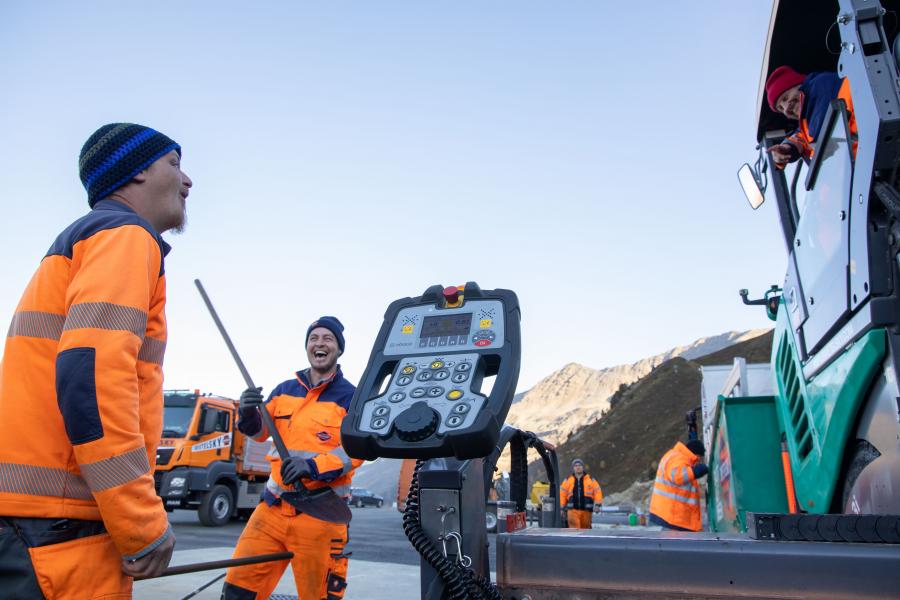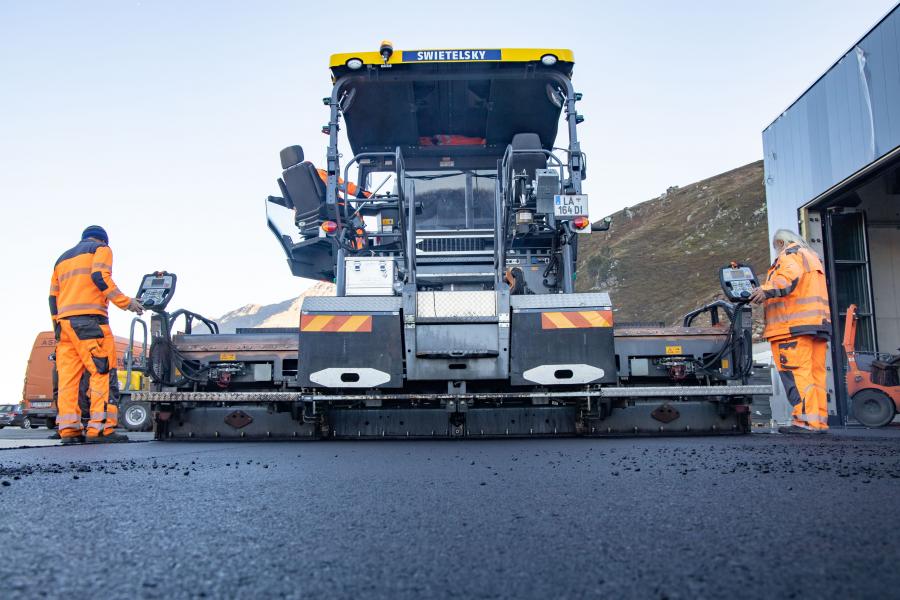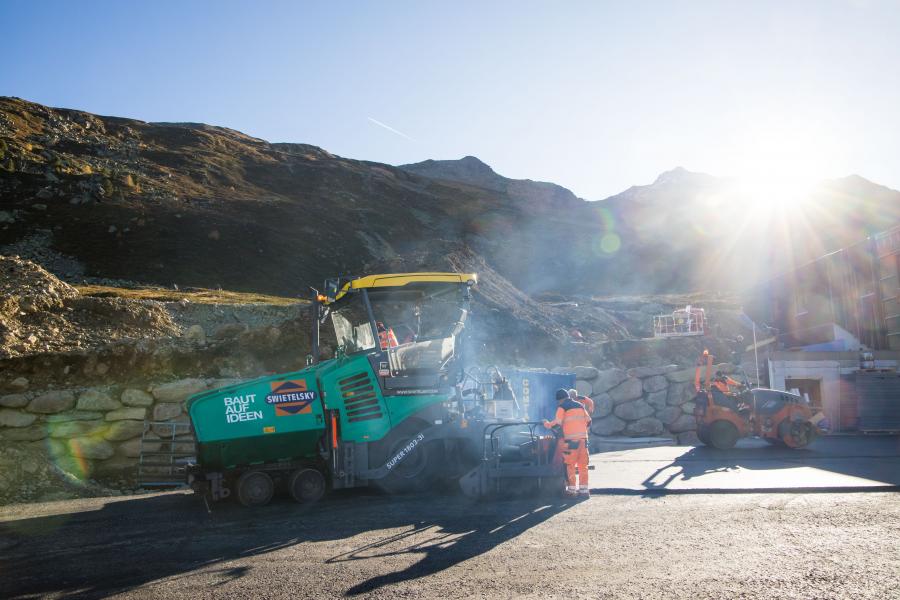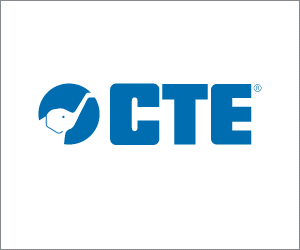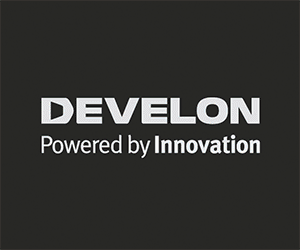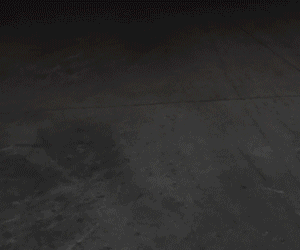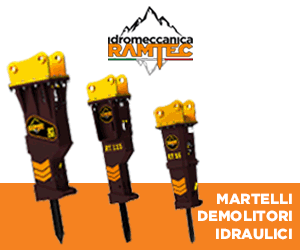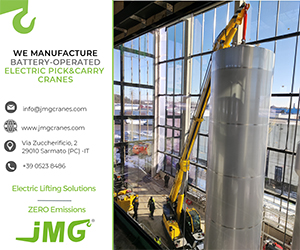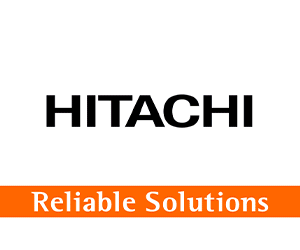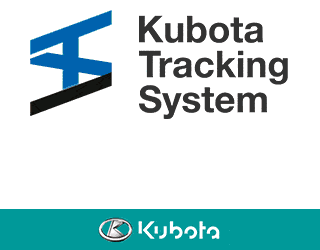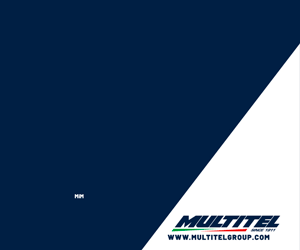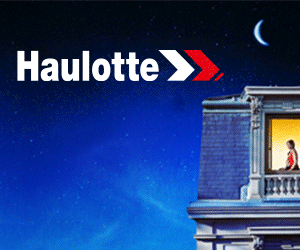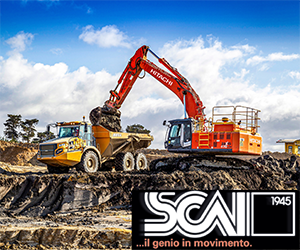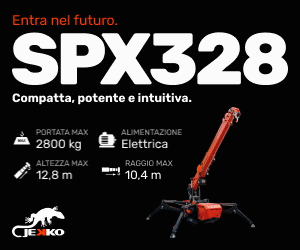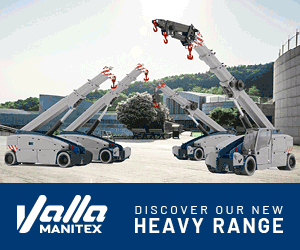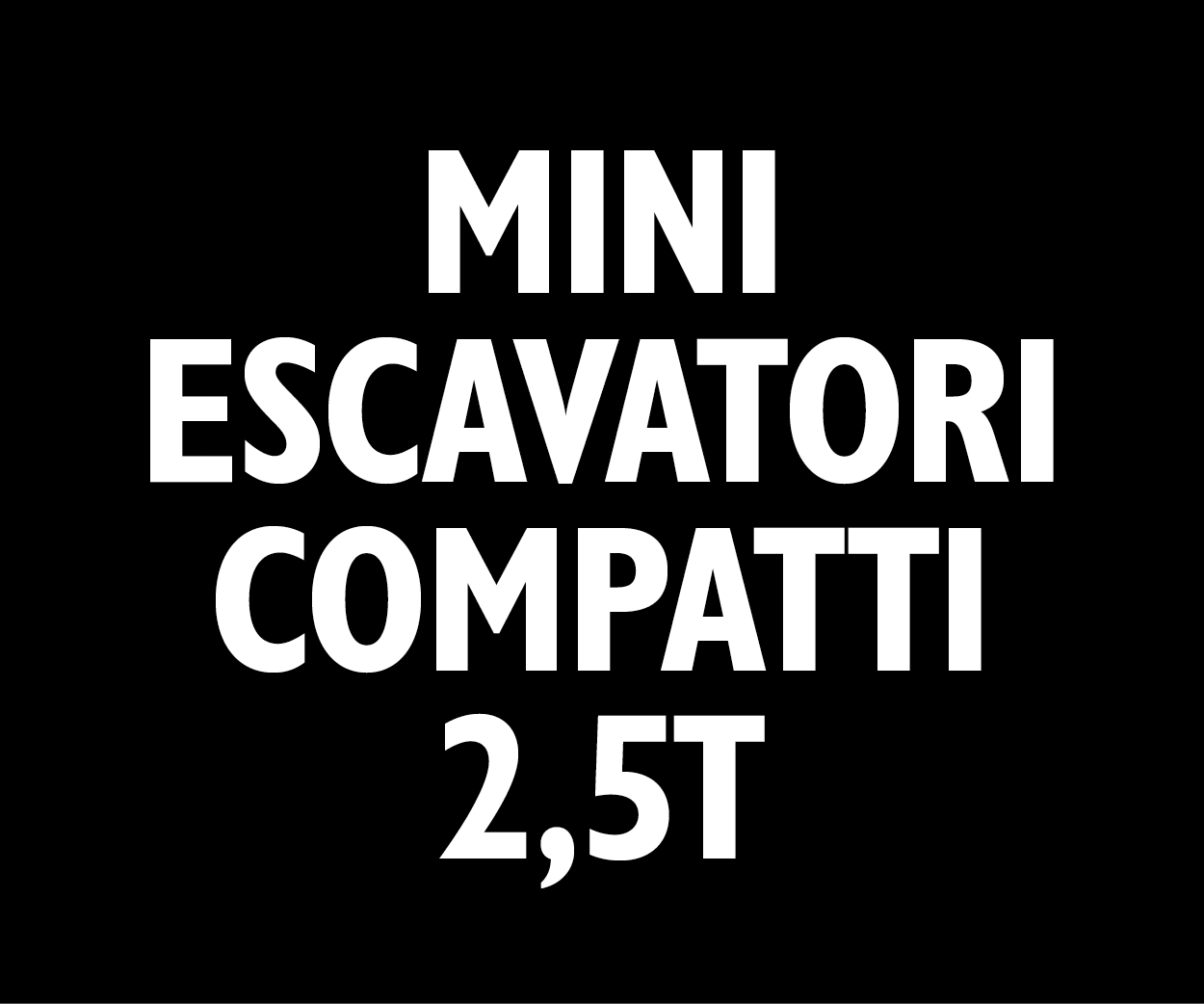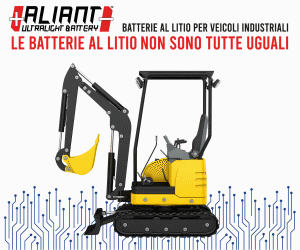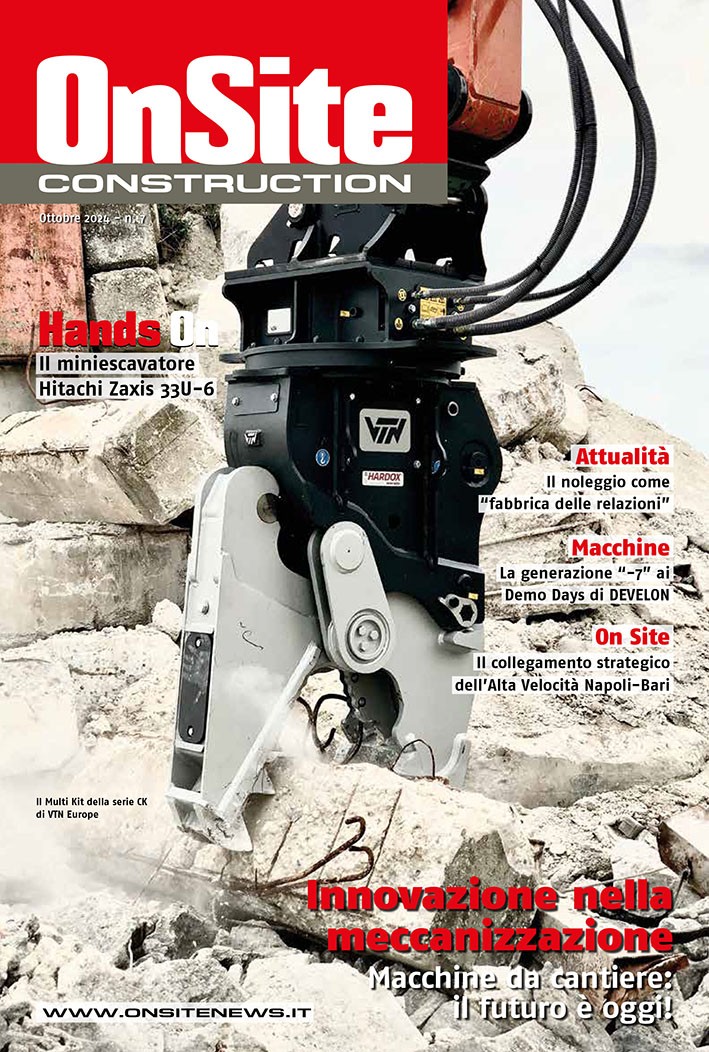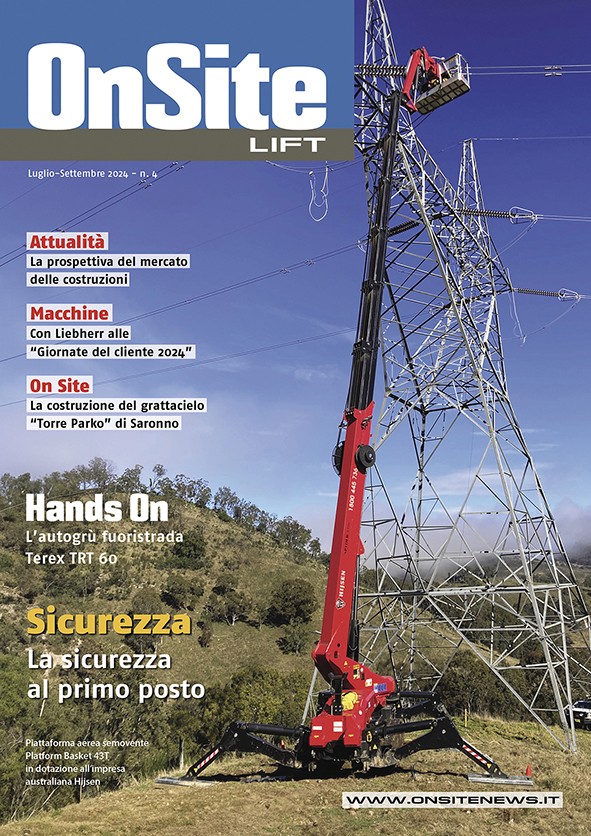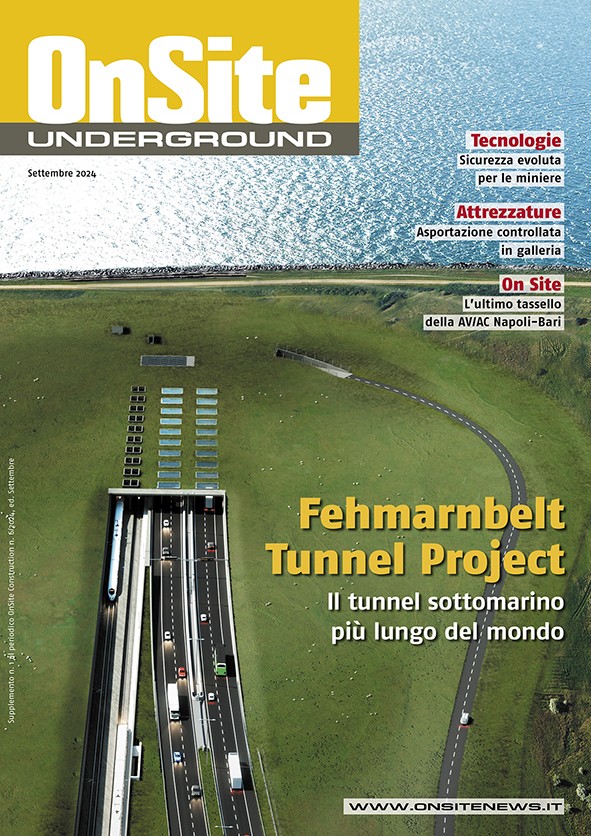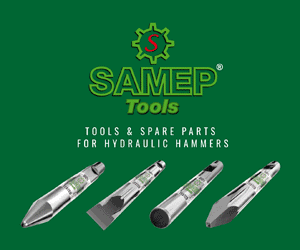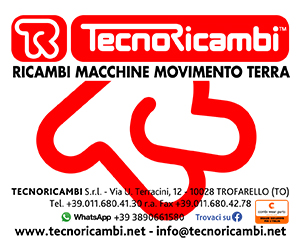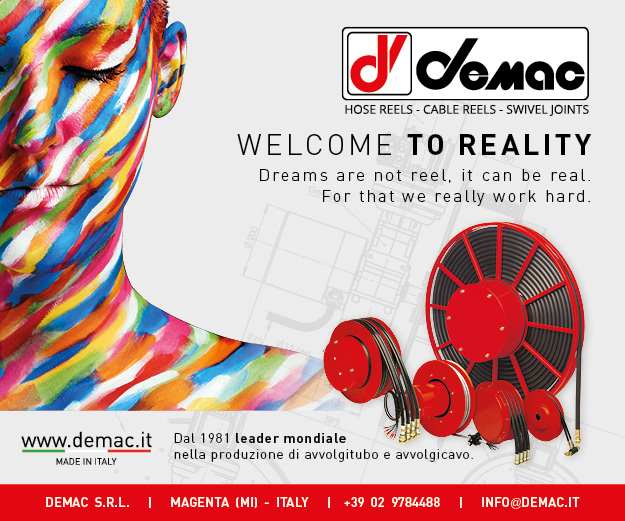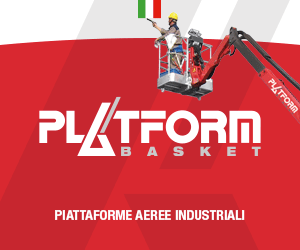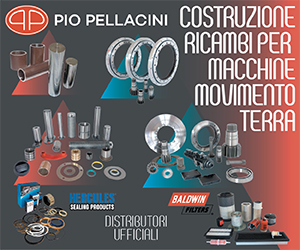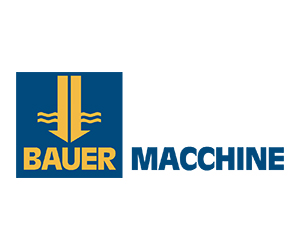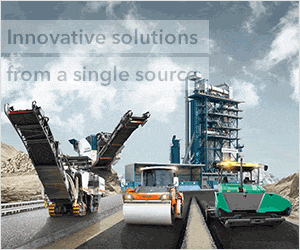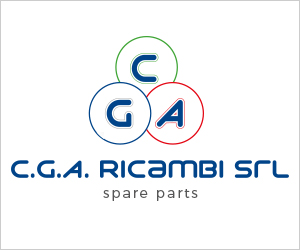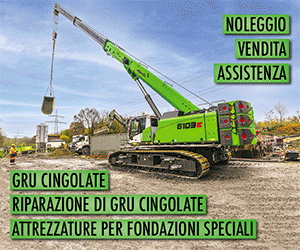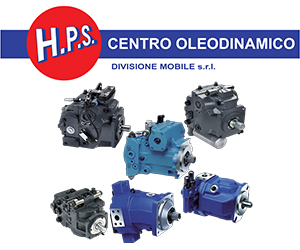Home \ International \ State-of-the-art technology in the mountains
State-of-the-art technology in the mountains
27/07/2020
Pubblicato da Redazione
Project involving the Vögele Super 1803-3i wheeled paver.
Many people consider building mountain roads one of the royal disciplines: the steep terrain puts far more demands on technology and logistics than projects on the level. The Super 1803-3i from Vögele masters these challenges. A variety of construction projects typical of the Alpine region can be managed using this Universal Class machine. The wheeled paver proved this once again in the Austrian Tyrol.
A picturesque mountain village, a famous ski resort and starting point for a spectacular Alpine pass: the construction project in Hochgurgl was not a routine one, even for the paving team from Swietelsky, the contractor. At an altitude of 2,100 m, the job was to extend the helipad. It is part of a toll booth on the Timmelsjoch road in the High Alps which links the Austrian Tyrol to the Italian South Tyrol and which crosses the highest national road boundary in Austria at an altitude of 2,474 m. This spectacular stretch of road is an Alpine legend which can only be kept free of snow and open to traffic for a few months every year.
Projects in the Alpine region place heavy demands on construction machinery. In addition to working at high altitude, where the air gets thinner all the time, the terrain itself is a challenge. The machines frequently have to overcome huge inclines whilst simultaneously paving tight bends. This is why Andreas Berkmann, construction manager for asphalt paving and road construction at Swietelsky, says that “The Tyrol is Vögele country”. The sophisticated machine technology from Vögele really does prove itself every day, and in particular under the harshest conditions – customers and paving teams all over the world appreciate its rugged nature and precision.
The Austrian construction company based in Linz relies on a Vögele Super 1803-3i wheeled paver. The reason: its sensitive steering facilitates the paving of tight bends whilst the all-wheel drive delivers a high level of traction. In addition, Vögele wheeled pavers can travel at up to 20 km/h under their own power. This means they can quickly reach job sites which even low-loaders find difficult. The wheeled undercarriage is also an advantage when repositioning, as demonstrated in the Tyrol. In this case, each carriageway was paved in the same direction, so the Super 1803-3i had to keep returning to its starting point. It completed this section more quickly than any tracked paver. Another advantage of the wheeled paver is an innovative option from world market leader Vögele which increases the outstanding manœuvrability of the Super 1803-3i still further: the Pivot Steer steering brake. It automatically slows down the rear inside wheel hydraulically at maximum steering angle, reducing the outside turning circle to a modest 3.5 m. Without the Pivot Steer feature, this is 3 m larger.
On the job site in Hochgurgl, the Super 1803-3i extended the helipad and hangar by two-thirds to create an area of some 4,100 m². This will enable up to four helicopters to take off and land in future. The location serves as a base station for air transport operations, rescue and emergency services and avalanche blasting. The asphalt structure of this air traffic surface differs somewhat from conventional road construction. Because shear forces such as those always occurring on roads from braking vehicles, for example, do not have to be taken into account, it is possible to dispense with the binder course. As a result, the surface course was paved straight onto the base course. The Super 1803-3i and its AB 500 TV Extending Screed ensured good precompaction and evenness of the surface, the screed compacting the layers using both tamper and vibrators. The two Swietelsky screed operators maintained layer thicknesses manually - 10 cm for the base course and 4 cm for the surface course.
Of course where steep terrain is involved, high output is as important as manœuvrability. Vögele has designed the drive concept so that the largest wheeled paver suits its sphere of application perfectly - in whichever climate of the world it is being used. The diesel engine mobilizes 129 kW at 2,000 rpm to do this, but because maximum output is usually not required, the system has an ECO setting for even more environmentally-friendly and economical operation.
The Super 1803-3i makes a further contribution to the environment with its system for cleaning exhaust gas. Like all the machines in the Wirtgen Group with the “i” suffix in their product names, the wheeled paver is not only economical, it is also extremely clean-running. It meets the strict standards of European exhaust emissions level V as well as the US standard EPA Tier 4f.

Ultime notizie di Wirtgen Macchine
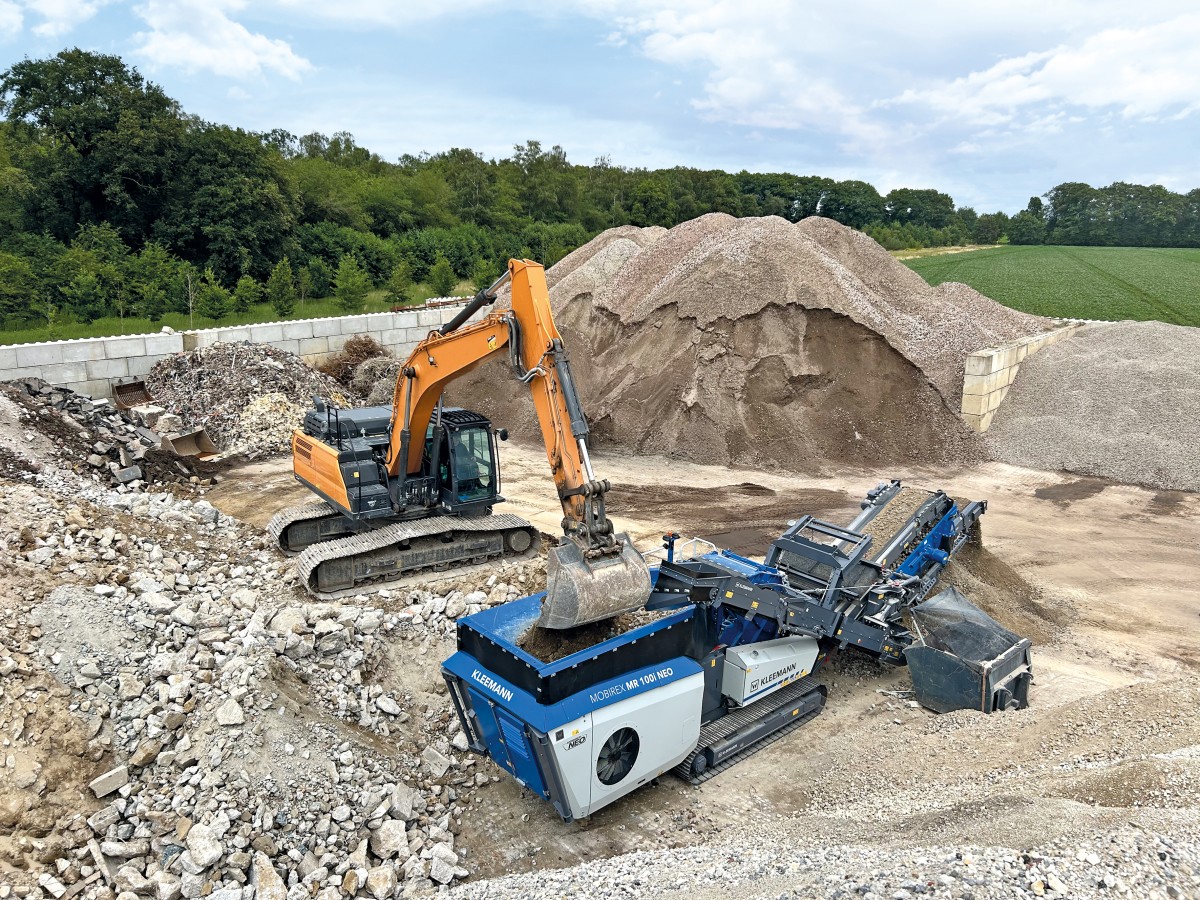
Earthmoving Machinery
21/11/2024
Kleemann: New compact crusher used for recycling
Impact crusher MOBIREX MR 100i NEO impresses during operatio...
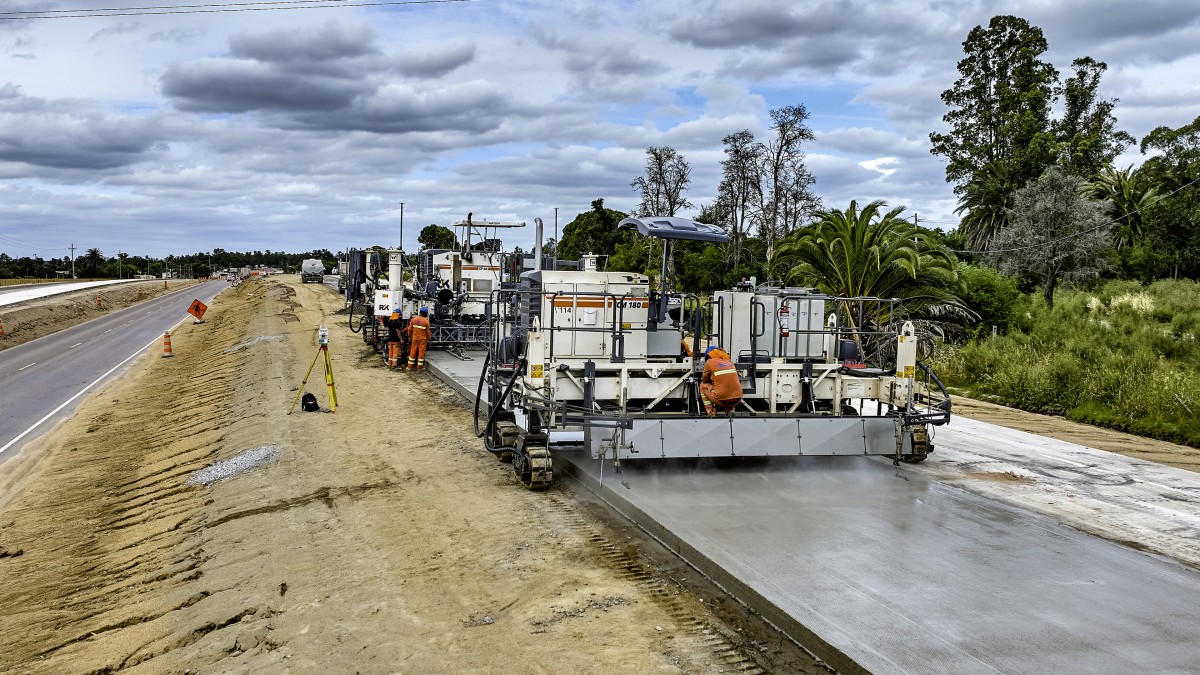
Road Machinery
04/11/2024
Wirtgen: Widening of the Ruta 5 highway from Montevideo to the Brazilian Border
Efficient concrete paving solutions from Wirtgen ensure the...
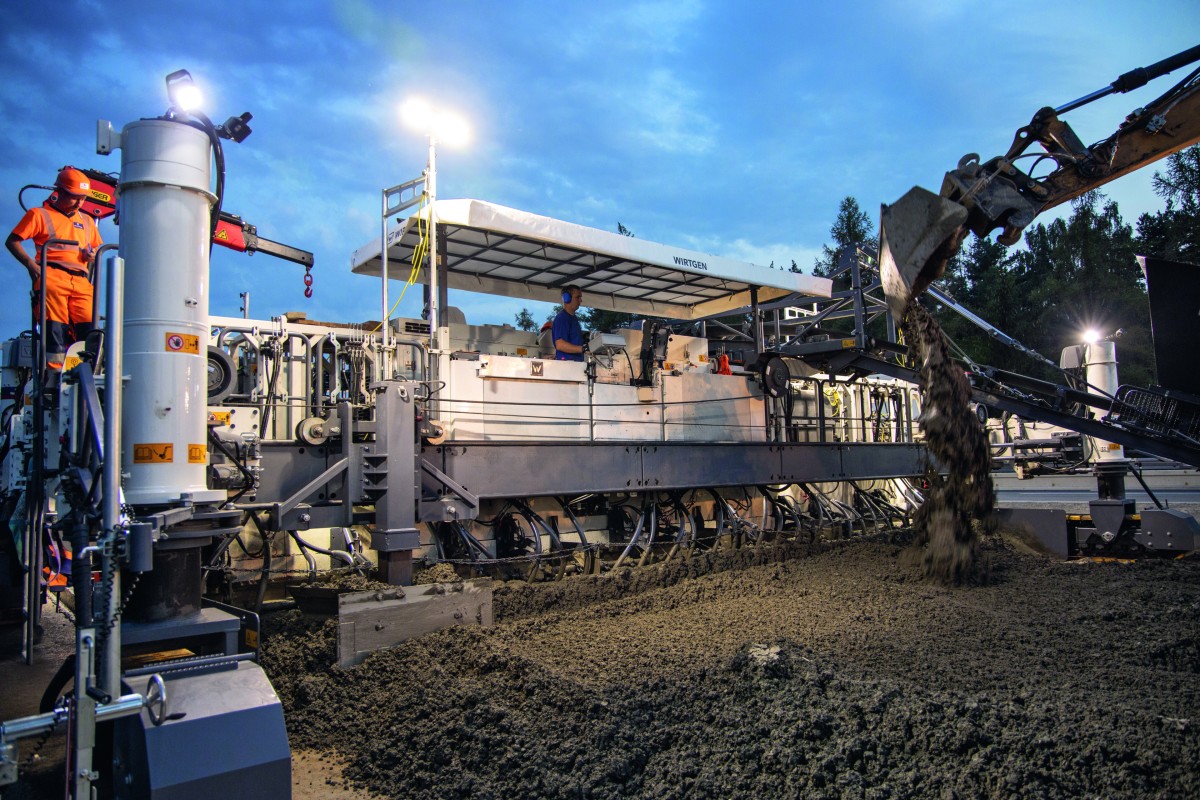
Road Machinery
31/10/2024
Wirtgen: Concrete paving with inset slipform pavers
Wirtgen has been offering machines for inset slipform paving...
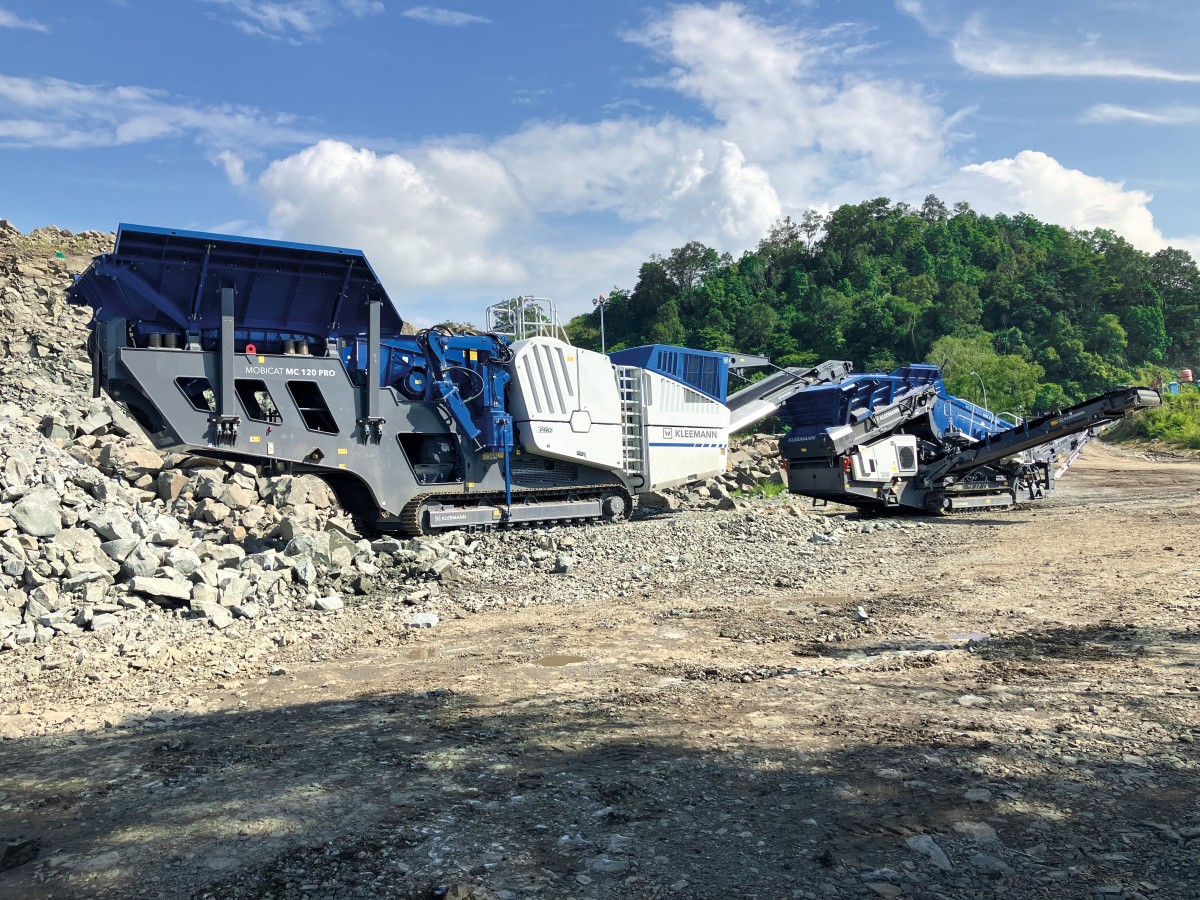
Earthmoving Machinery
28/10/2024
Kleemann: Andesite processing in Indonesia
A MOBICAT MC 120 PRO and a MOBISCREEN MSS 802 EVO are deploy...
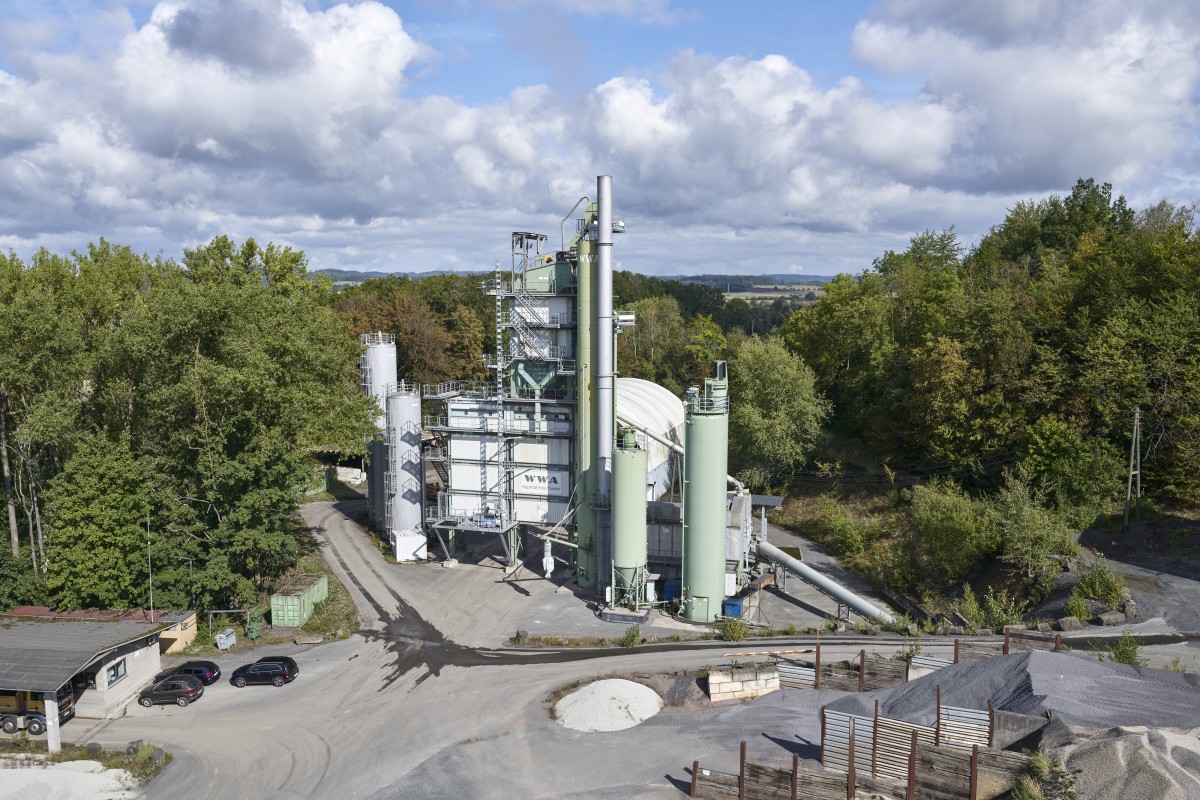
Earthmoving Machinery
24/10/2024
Benninghoven's REVOC system proven in practice
The REVOC Retrofit solution has been installed at an existin...
Road Machinery
01/10/2024
The Wirtgen Group at Paving Expo 2024
The Wirtgen Group presents groundbreaking technologies at Pa...
Altri International
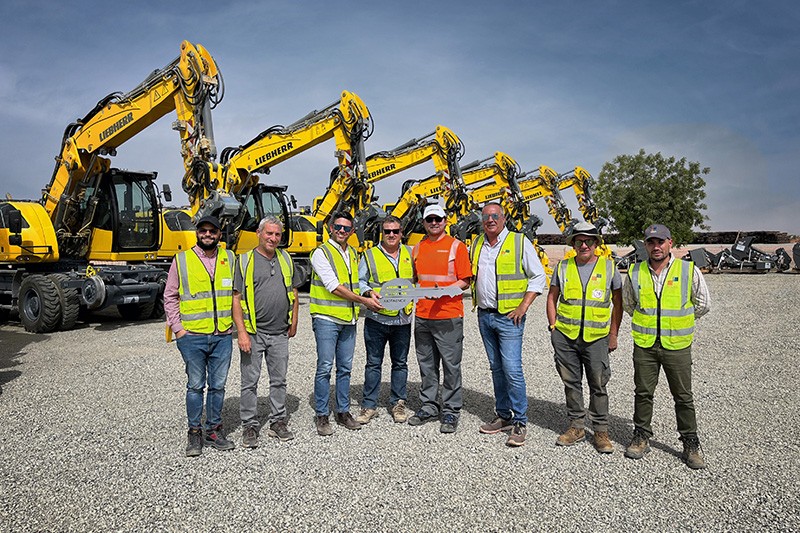
International
26/11/2024
Mota-Engil orders 10 Liebherr railroad excavators for a major project in West Africa
The Portuguese construction company Mota-Engil has once agai...
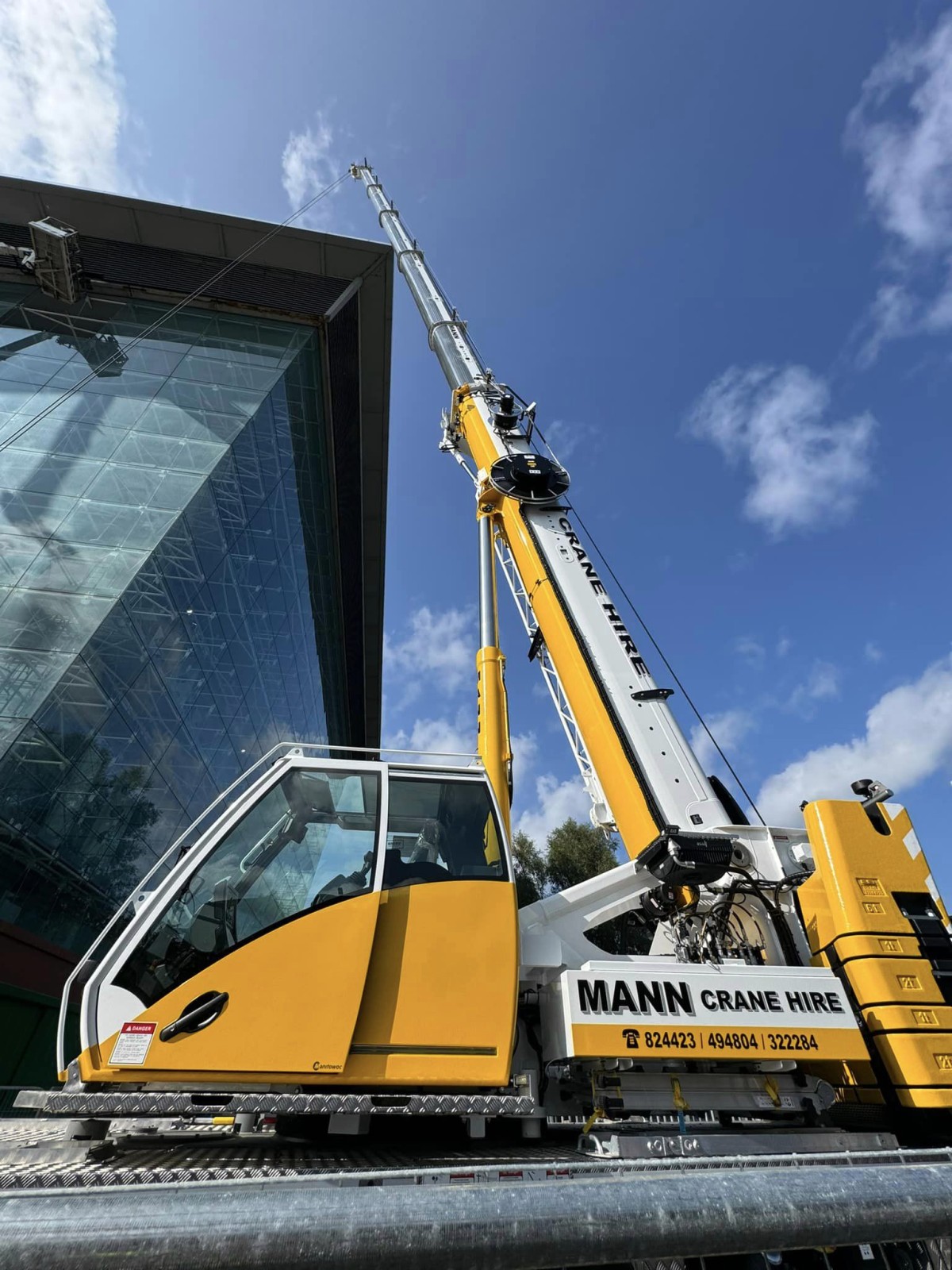
International
25/11/2024
New Grove GMK3060L-1 drives busy schedule for Mann Crane Hire
• Mann Crane Hire selected the GMK3060L-1 for its class-lead...
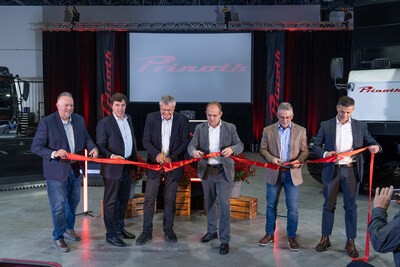
International
25/11/2024
Prinoth Unveils Expanded Production Facility in Granby, Canada
Prinoth held an event to announce the official opening of it...
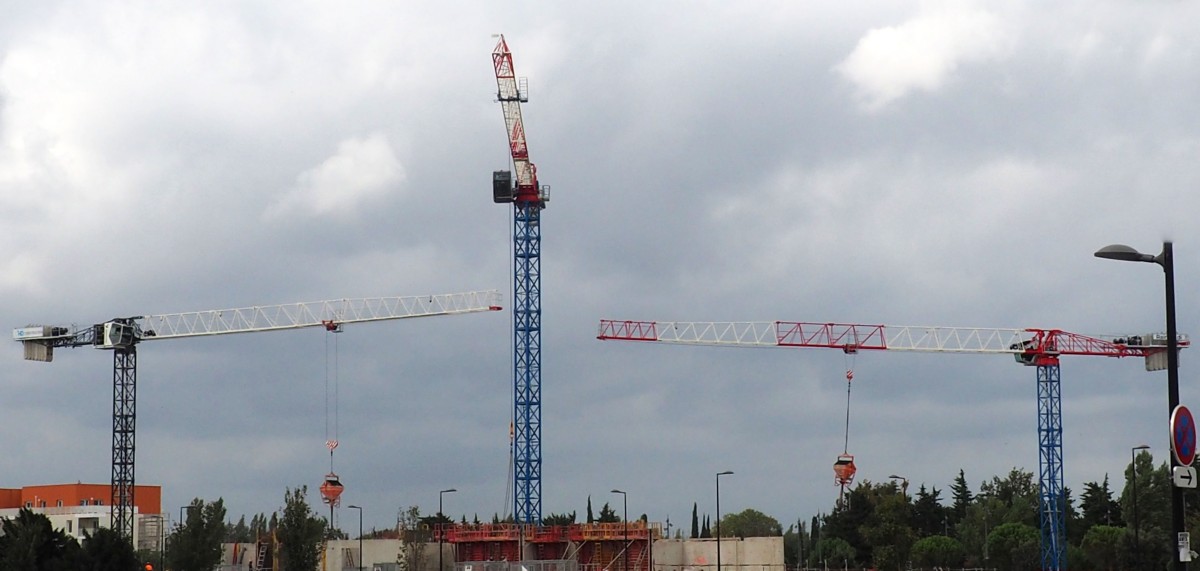
International
23/11/2024
GPMat International takes delivery of two Raimondi T147s residential development in the South of France
- Official agent of France expands its product lineup with t...
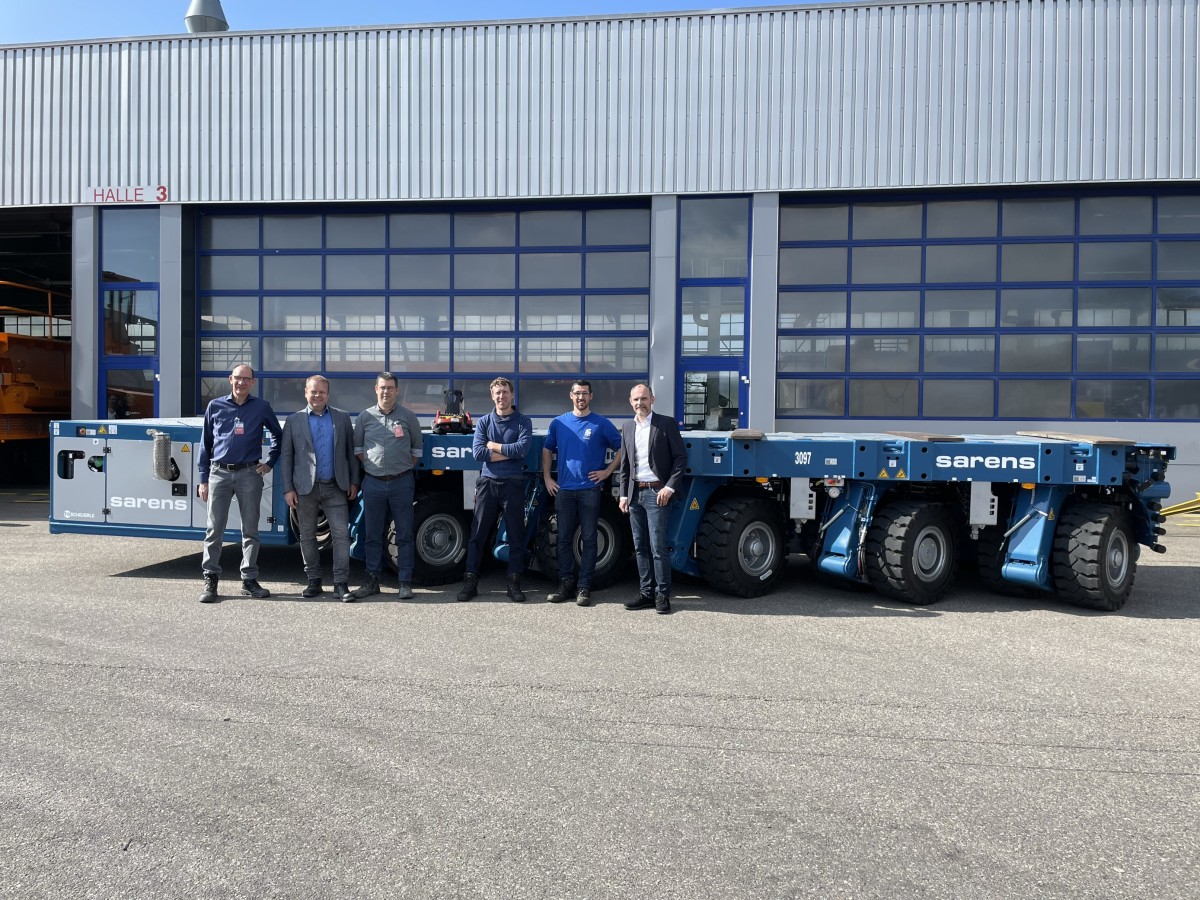
International
22/11/2024
Sarens acquires additional SCHEUERLE SPMT K24 modules
renowned for its expertise in crane rental services, heavy l...
International
22/11/2024
Five WOLFF cranes modernize Oslo’s Ulven district
With a total of five WOLFF cranes of type 7534.16 Clear, Wol...











